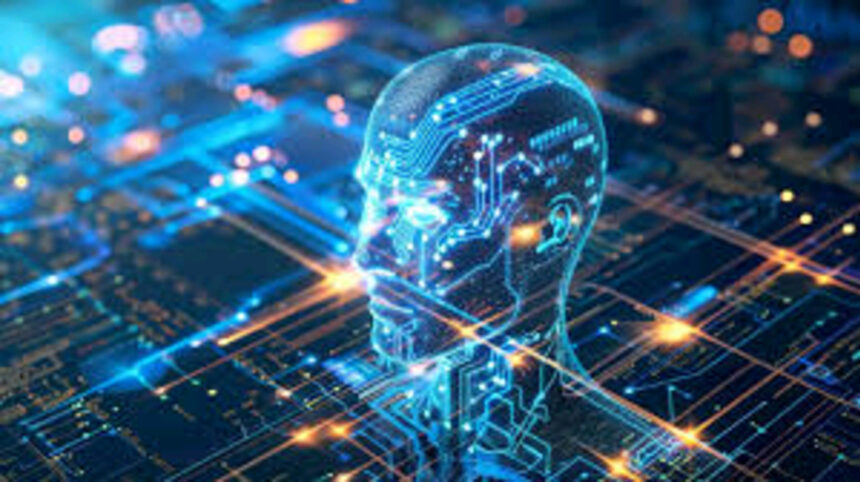The Future of Life Institute (FLI), Christian Council of Nigeria (CCN), and the Jama’atu Nasril Islam (JNI) under the auspices of
Kaduna Nigerian Religious Coalition on Artificial Intelligence (AI) has called for enhanced collaboration between faith communities and policymakers on issues related to AI in the country.
Speaking on behalf of the Coalition at a press conference held at the headquarters of JNI in Kaduna on Thursday, the Secretary General of JNI, Prof. Khalid Aliyu noted that both religious bodies appreciate the role of AI in our day-to-day activities
He said, “Considering the impact of mosques and churches on the Nigerian public and community life, it is imperative to draw the attention of the general public to the unassuming disruptive effect of AI and the utmost need to:Enhance understanding of AI and its implications to faith and society.
“Whereas AI’s impacts on jobs and human relationships will be profoundly disruptive, without religious leaders guiding communities through these changes, we risk widespread, unprecedented chaos.
“The central importance of Islam and Christianity in all aspects of Nigerian life places Nigerian religious leaders in a position of immense responsibility.
” Expectedly, religious leaders are well-equipped to answer the needs of their communities, given their rich philosophical, ethical, and charitable traditions.
Hence, we call on scholars, policymakers, and technologists to include ethical and spiritual considerations in AI development. In the Nigerian context, where religion deeply shapes our social fabric, this is even more critical.
To this end, “The Nigerian Religious Coalition calls for greater religious engagement on questions around AI, and above all supports the following:
“We all should use AI with utmost fear of Allah, and we call on the Nigerian government to involve religious leaders that have a fair understanding of AI and religious doctrine in developing a framework for its application in the country;
“We should harness AI tools for progress in agriculture, health and education;
We should prohibit uncontrollable Artificial General Intelligence that will disempower human workers, undermine human relationships, or decrease human agency;
“We should guard against AI becoming an idol or leading believers astray through manipulation; and specifically on religious applications: religious groups should be proactive to learn about it, but then be cautious in applying AI systems wholly.
“AI, rashly employed, could dehumanise religious practices or be subverted by malicious actors into misleading congregations contrary to their doctrine. Yet careful discernment may yield useful practical applications, such as in speeding up administrative tasks.”






